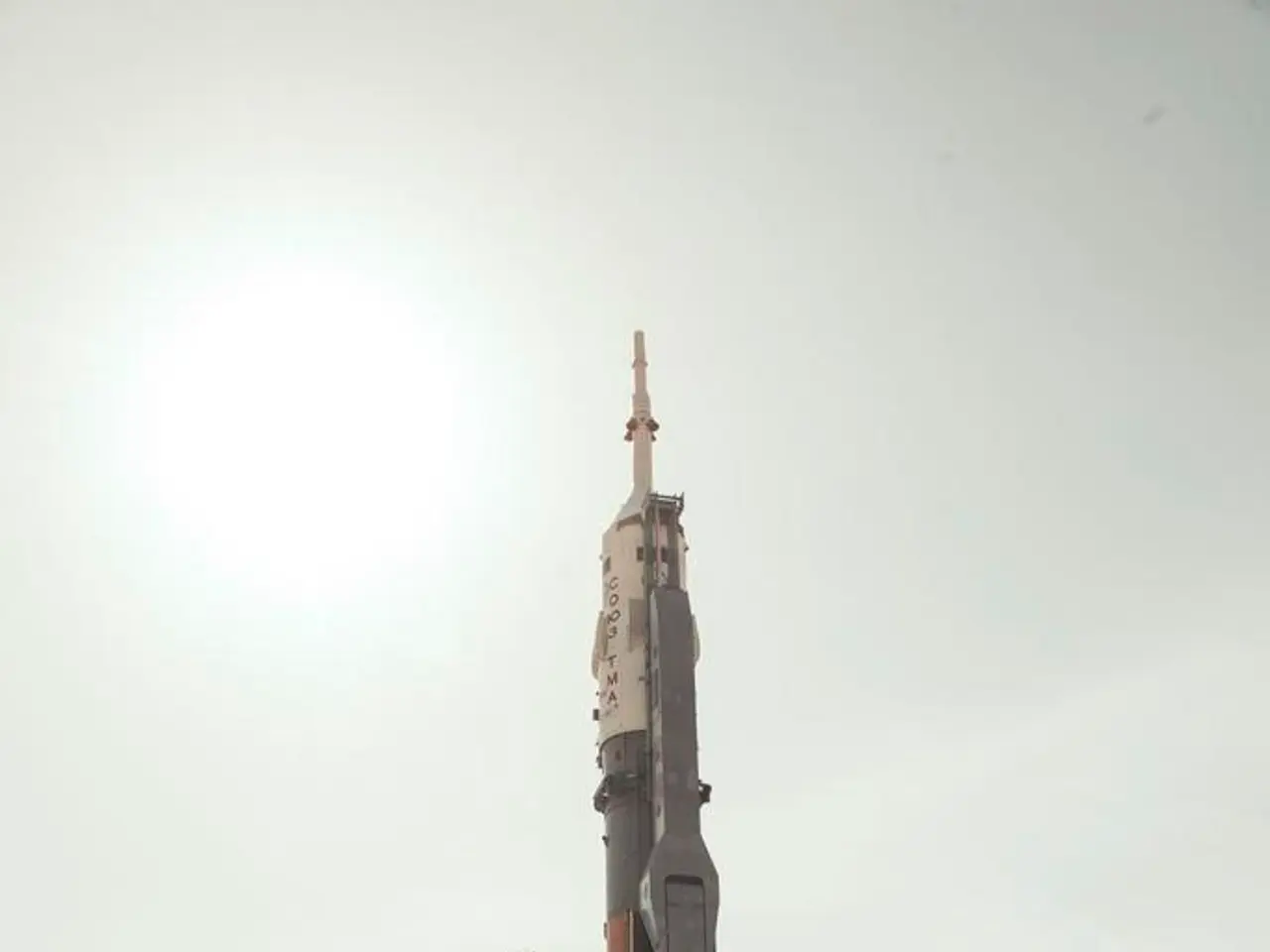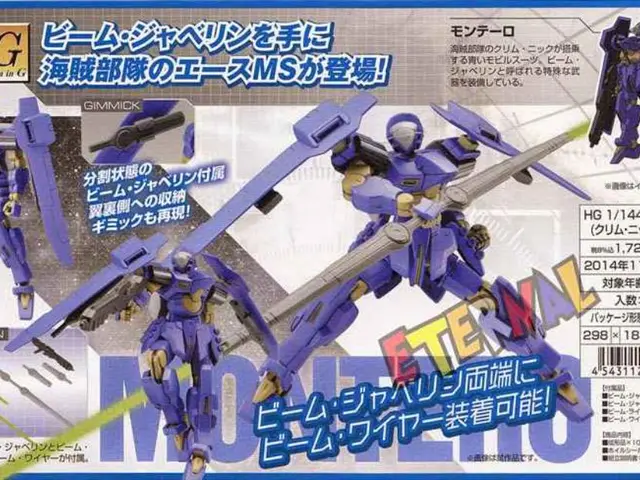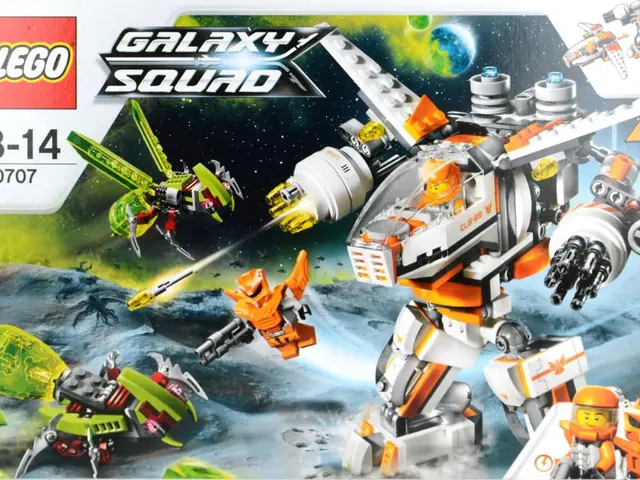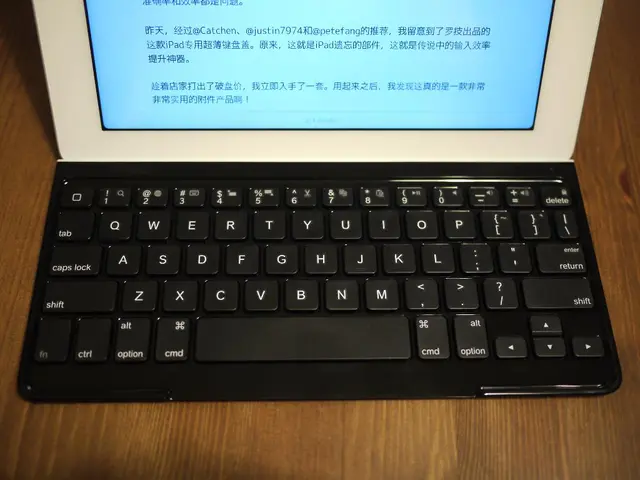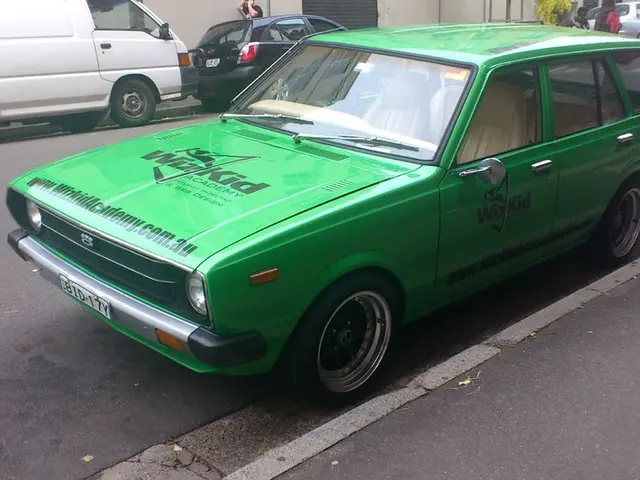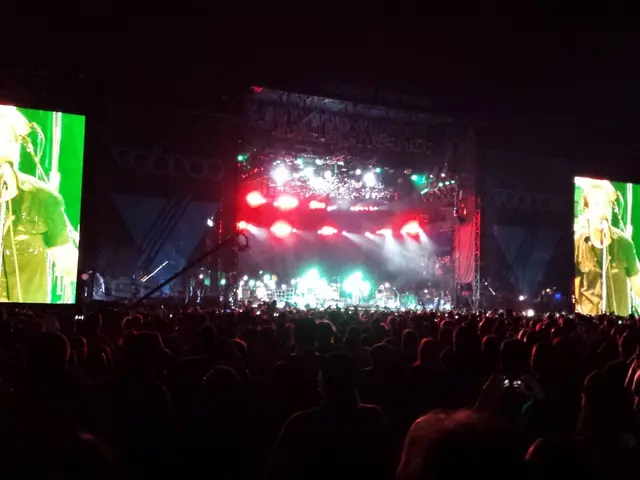Military procures two Tesla Cybertrucks for the purpose of understanding their vulnerable points and potential destruction methods
The US Air Force has announced a contract to procure 33 target vehicles, including two Tesla Cybertrucks, for testing and training purposes related to the Standoff Precision Guided Munitions (SOPGM) program [1][2][3][4][5].
The Cybertrucks, known for their robust stainless steel exoskeleton and angular design, are being included in the contract because they are more resistant to damage than typical vehicles [1][2][5]. This shift in adversaries' choice of battlefield vehicles necessitates the Air Force to conduct missile live-fire testing and training that closely mirrors real-world operational scenarios at the White Sands Missile Range in New Mexico.
The vehicles, which need only be towable and have their batteries removed for safety reasons during missile testing, will be used by the Air Force Test Center in missions aligned with the United States Special Operations Command's SOPGM program [1]. The program covers air-launched precision munitions like the AGM-114 Hellfire and GBU-39/B Laser Small Diameter Bomb [4][5].
The rationale for choosing the Cybertruck includes intelligence that adversaries may adopt such vehicles on the battlefield due to their durability, making training with these targets necessary to prepare forces effectively [1][2][5]. This contract reflects the military's effort to simulate realistic battlefield conditions by including commercially distinctive and rugged vehicles in target practice, considering evolving enemy equipment trends [3][4].
Meanwhile, Tesla has started a sort-of Robotaxi service in San Francisco, but it is only available by invitation [6]. Elsewhere, a Florida jury has fined Tesla a large amount in a case related to an Autopilot crash [7]. Additionally, Elon Musk disclosed a $16.5 billion chip deal with Samsung that Tesla had asked to keep secret [8].
Interestingly, the Air Force's interest in studying the reactions of Cybertrucks to missile impact may be due to concerns about potential battery fires, given their known propensity to burn fiercely [9]. The contract also includes six SUVs, five pickup trucks, and three Bongo trucks [1].
References:
[1] https://www.reuters.com/business/autos-transportation/us-air-force-seeks-33-target-vehicles-training-testing-2021-05-10/ [2] https://www.thedrive.com/news/36895/us-air-force-wants-to-use-tesla-cybertrucks-as-targets-for-missile-testing [3] https://www.teslarati.com/us-air-force-uses-tesla-cybertrucks-as-targets-for-missile-testing/ [4] https://www.airforcemag.com/drone-warfare/223023/usaf-seeks-cybertrucks-for-testing-and-training/ [5] https://www.airforcemag.com/drone-warfare/223023/usaf-seeks-cybertrucks-for-testing-and-training/ [6] https://www.tesla.com/robotaxi [7] https://www.cnbc.com/2021/05/10/tesla-fined-millions-in-florida-autopilot-crash-lawsuit.html [8] https://www.reuters.com/business/autos-transportation/tesla-samsung-sign-165-billion-chip-deal-2021-05-10/ [9] https://www.thedrive.com/news/36895/us-air-force-wants-to-use-tesla-cybertrucks-as-targets-for-missile-testing
The Air Force's contract for 33 target vehicles includes two Tesla Cybertrucks for testing, as their unique durability makes them suitable for simulating realistic battlefield conditions [1]. This advancement in technology signifies that AI software within defense systems may someday incorporate autonomous vehicles like the Tesla Cybertruck for various military applications, such as target practice [3].
